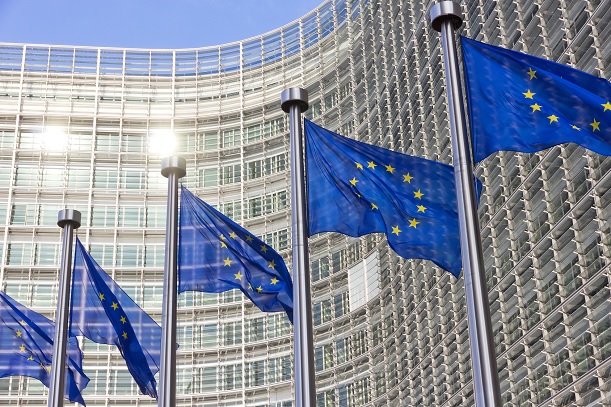The European Parliament and Council of the European Union reach provisional political agreement on the first Digital Europe programme.
The €9.2 billion plan was proposed by the European Commission last June, and is part of EU’s next long-term budget that will run from 2021-2027.
It will invest in what it describes as five key digital sectors:
• Supercomputer projects will receive €2.7 billion to build-up and strengthen supercomputing and data processing in Europe, which is crucial for the development of many areas – from health care and renewable energy to car safety and cybersecurity. The planned initiatives will build on the European strategy on supercomputers that will help the EU advance in many areas from health care and renewable energy to car safety and cybersecurity.
• Artificial intelligence (AI) will have €2.5 billion funding to help spread the use of AI across the European economy and society. This budget builds on the European approach on AI presented on 25 April 2018: the aim is to boost investments to make the most out AI, while taking into account the socio-economic changes brought about by AI and to ensure an appropriate ethical and legal framework. Open platforms and access to industrial data spaces for AI will be made available across the EU in Digital Innovation Hubs.
• Cybersecurity and trust will be the recipients of €2 billion to safeguard the EU’s digital economy, society and democracies through boosting cyber defence and the EU’s cybersecurity industry, financing state-of-the-art cybersecurity equipment and infrastructure as well as supporting the development of the necessary skills and knowledge. The proposal builds on the first EU-wide legislation on cybersecurity that came into force in May 2018.
• Digital skills will have €700 million to ensure the workforce has opportunity to acquire digital skills through long-and short-term training courses and on-the-job traineeships, regardless of their Member State of residence.
• Ensuring a wide use of digital technologies across the economy and society will be supported with €1.3 billion to ensure the digital transformation of public administration and public services and their EU-wide interoperability and facilitate access to technology and knowhow for all businesses, notably SMEs.


